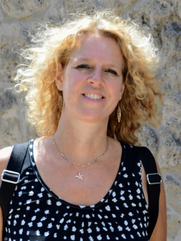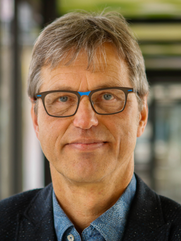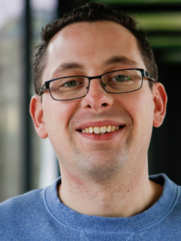DFG-Project WI 4666/2-1: "Kinship effects or affected kinship? – Investigating the functioning of family networks by their impact on adult mortality and fertility"
In the media
Team & Data @ Nijmegen & Groningen, The Netherlands
The Historical Sample of the Netherlands (HSN)
In cooperation with Prof. Dr. Jan Kok & Dr. Paul Puschmann from the Radboud University, Nijmegen and Prof. Dr. Hilde Bras from the University of Groningen, The Netherlands
Data website: iisg.amsterdam/en/hsn
This a national representative sample of the Dutch population born in the period 1812-1920 and consists in total of some 78,000 Research Persons (RP’s). RP’s were selected from a random sample of birth certificates. Subsequently their life courses and the households in which they lived were ‘reconstructed’ from marriage and death certificates, as well as population registers and family and individual cards. The database consists of longitudinal micro-level data and allows to track family relations and migration, and it is especially suited to analyze such processes as partner choice, marriage, divorce, social mobility, mortality and longevity.
Antwerp COR Database
In cooperation with Dr. Paul Puschmann from Radboud University Nijmegen, The Netherlands)
Data website: ehps-net.eu/databases/antwerp-cor-database
The Antwerp COR*-database is a longitudinal micro-level database consisting of some 30,000 individuals who lived in the period 1846-1902 in the Belgian district of Antwerp, consisting of the city of Antwerp, its suburbs, as well as some dozens of rural municipalities. The database is a representative letter-sample (all individuals whose last names started with the letters ‘COR’ as well as their partners) of the population who lived in this Flemish region at the time. The database is based on all information from the population registers and the vital registration of births, marriage and death certificates. It covers three generations, and contains basically the same type of information as the Historical Sample of the Netherlands, and is also suited for the same type of historical demographic and sociological research. There is, however, one important difference: the database allows – thanks to its unique sampling method - to study also family relations outside the household. This means for instance that the life courses of siblings can be compared in a systematic fashion, beyond their joint experiences in their natal family. The same is true for cousins, nephews, nieces, etc.

Hilde Bras's website @ University of Groningen

Jan Kok's website @ Radboud Universiteit, Nijmegen

Paul Puschmann's website @ Radboud Universiteit, Nijmegen



